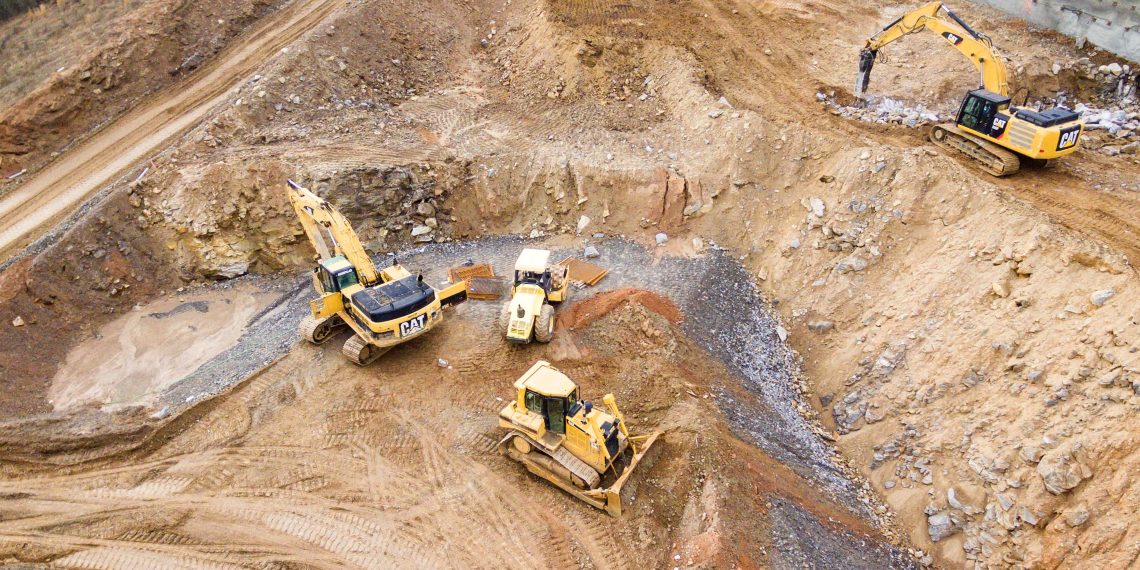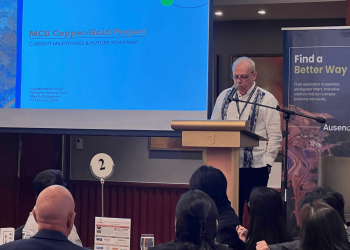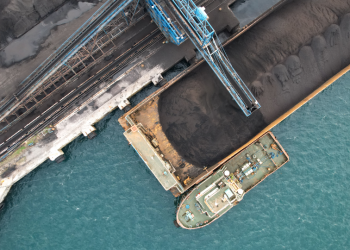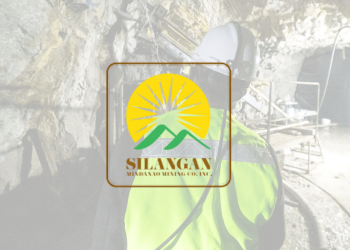Environmental activists and religious leaders are intensifying efforts to stop mining expansion in Palawan, home to UNESCO-listed natural wonders, as more than 100,000 people sign a petition urging stronger environmental protections.
The petition, led by church and environmental groups, aims to secure a 25-year mining moratorium to safeguard Palawan’s fragile ecosystems. The movement has gained significant traction, with the latest batch of signatures officially turned over to Bishop Socrates Mesiona of Puerto Princesa on February 4. Among the most recent signatories are members of the Palawan Ecumenical Fellowship (PEF), a coalition of 10 Christian churches, and representatives from indigenous communities.
The campaign was first reported by Manila Bulletin, highlighting the growing support from civil society organizations and religious leaders who are calling for a legislative ban on new mining applications.
Palawan is considered one of the Philippines’ last ecological frontiers, hosting some of the country’s most biodiverse habitats. It is home to the Puerto Princesa Subterranean River National Park, a UNESCO World Heritage Site, and the Tubbataha Reefs Natural Park, a globally recognized marine biodiversity hotspot.
However, mining activities pose a growing threat to these fragile ecosystems. Currently, 67 mining exploration permits are under review, covering over 200,000 hectares across 14 municipalities, including Puerto Princesa. Palawan already has 11 active mining operations covering nearly 30,000 hectares.
Environmentalists and religious groups argue that continued mining expansion could lead to irreversible damage to forests, watersheds, and marine life—further endangering farmers, fishermen, and indigenous communities who rely on natural resources for their livelihoods.
The campaign has received strong backing from the Catholic Church and interfaith organizations. In November 2023, three Catholic bishops—Socrates Mesiona of Puerto Princesa, Broderick Pabillo of Taytay, and retired Bishop Edgardo Juanich—released a pastoral letter urging the government to impose a long-term suspension on new mining applications and expansions.
“The detrimental effects of mining on farmers, fishermen, and indigenous peoples cannot be ignored,” said Bishop Mesiona, emphasizing that Palawan should remain a protected natural haven.
Bishop Fernando Quintans of the Iglesia Filipina Independiente (IFI) personally delivered the latest batch of signatures in support of the moratorium.
Mining advocates, however, argue that the industry provides jobs and economic opportunities for local communities. The Philippine Nickel Industry Association (PNIA) contends that mining is a major contributor to the national economy, with the Philippines being the world’s second-largest nickel ore supplier.
Meanwhile, the Palawan provincial board is set to deliberate on the petition and discuss potential legislative actions in response to the growing public outcry.
As efforts to enforce a 25-year mining moratorium gain momentum, stakeholders await the government’s response. The Palawan provincial board’s decision in the coming months will determine whether the island prioritizes conservation over resource extraction.
With more than 100,000 people already backing the call for stronger environmental protections, the battle for Palawan’s future is far from over.














